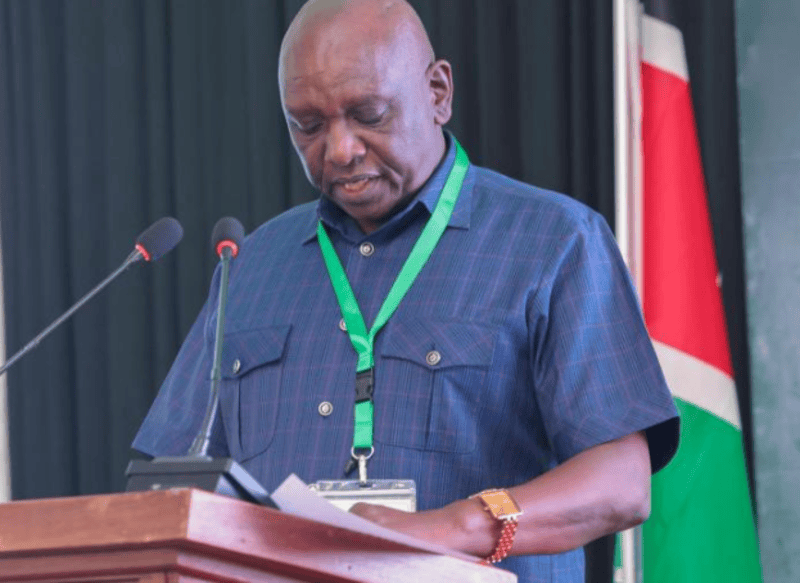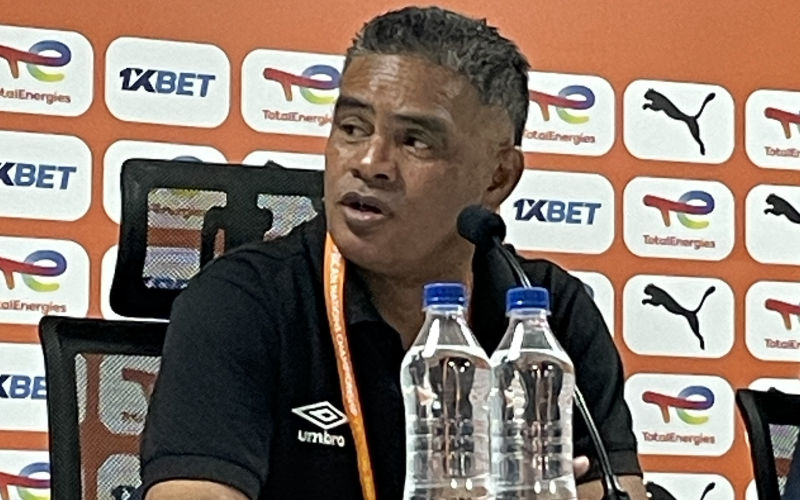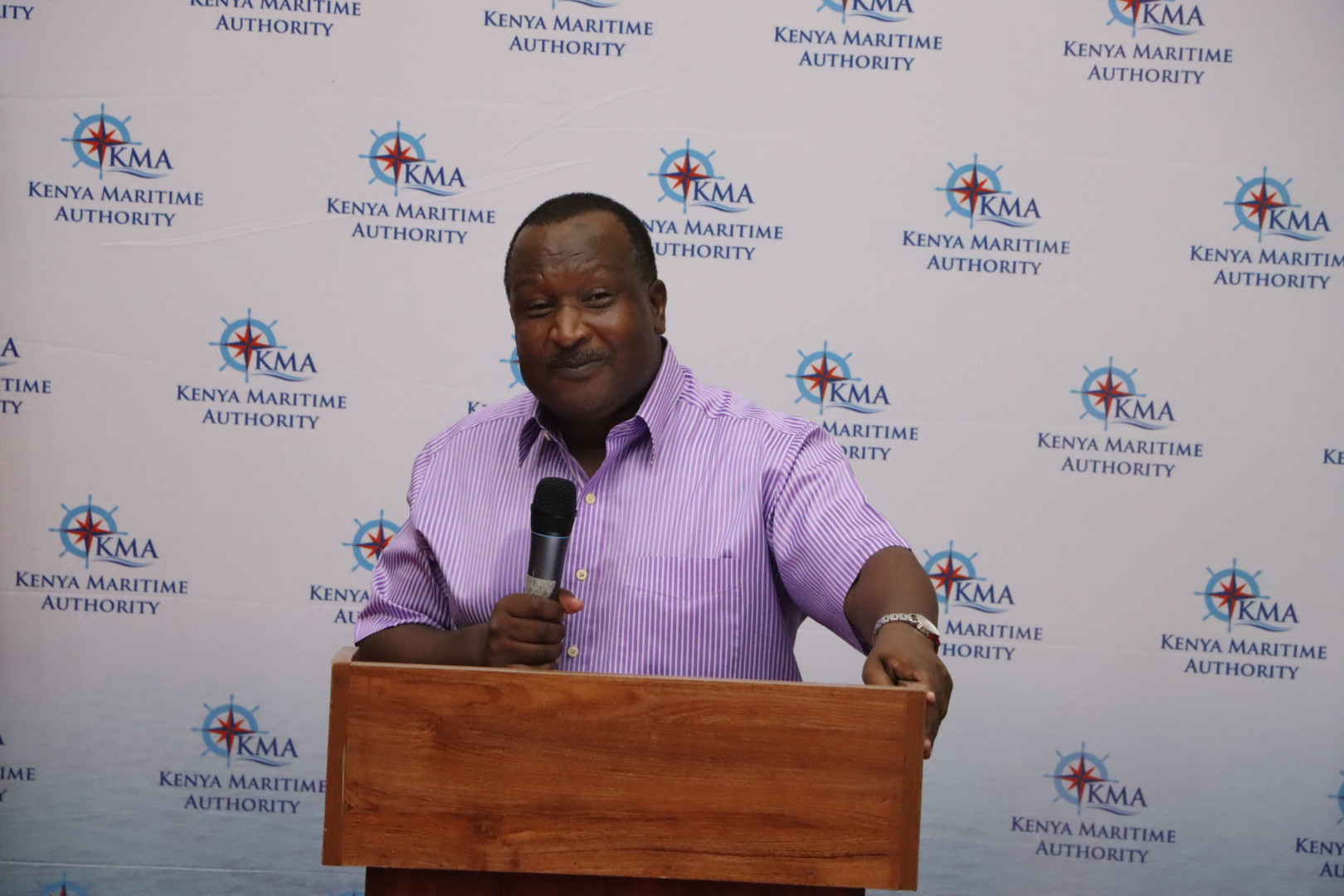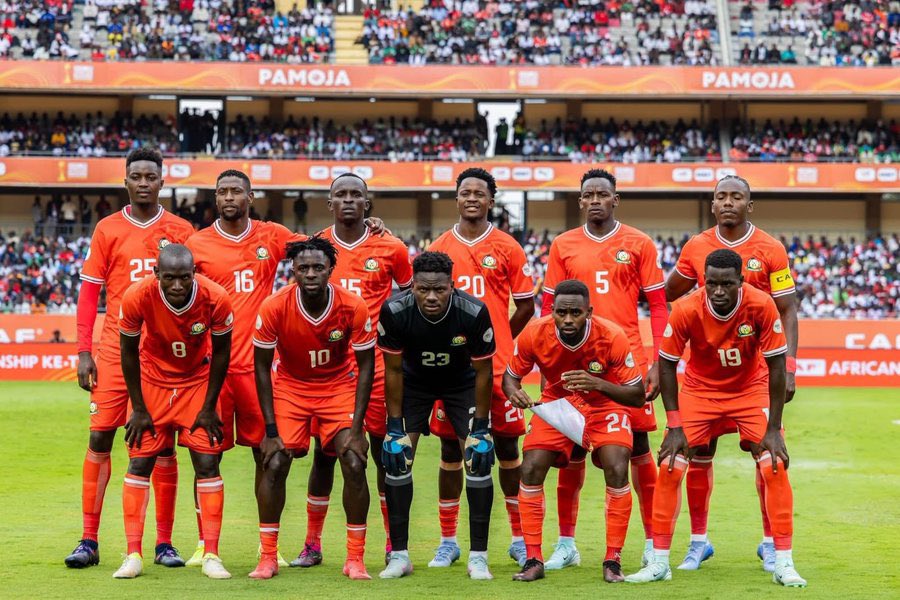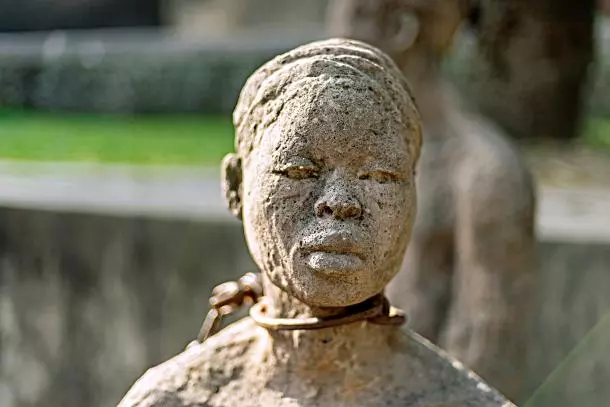Civil society slams exclusion of wildlife communities from public forums on Wildlife Bill, 2025
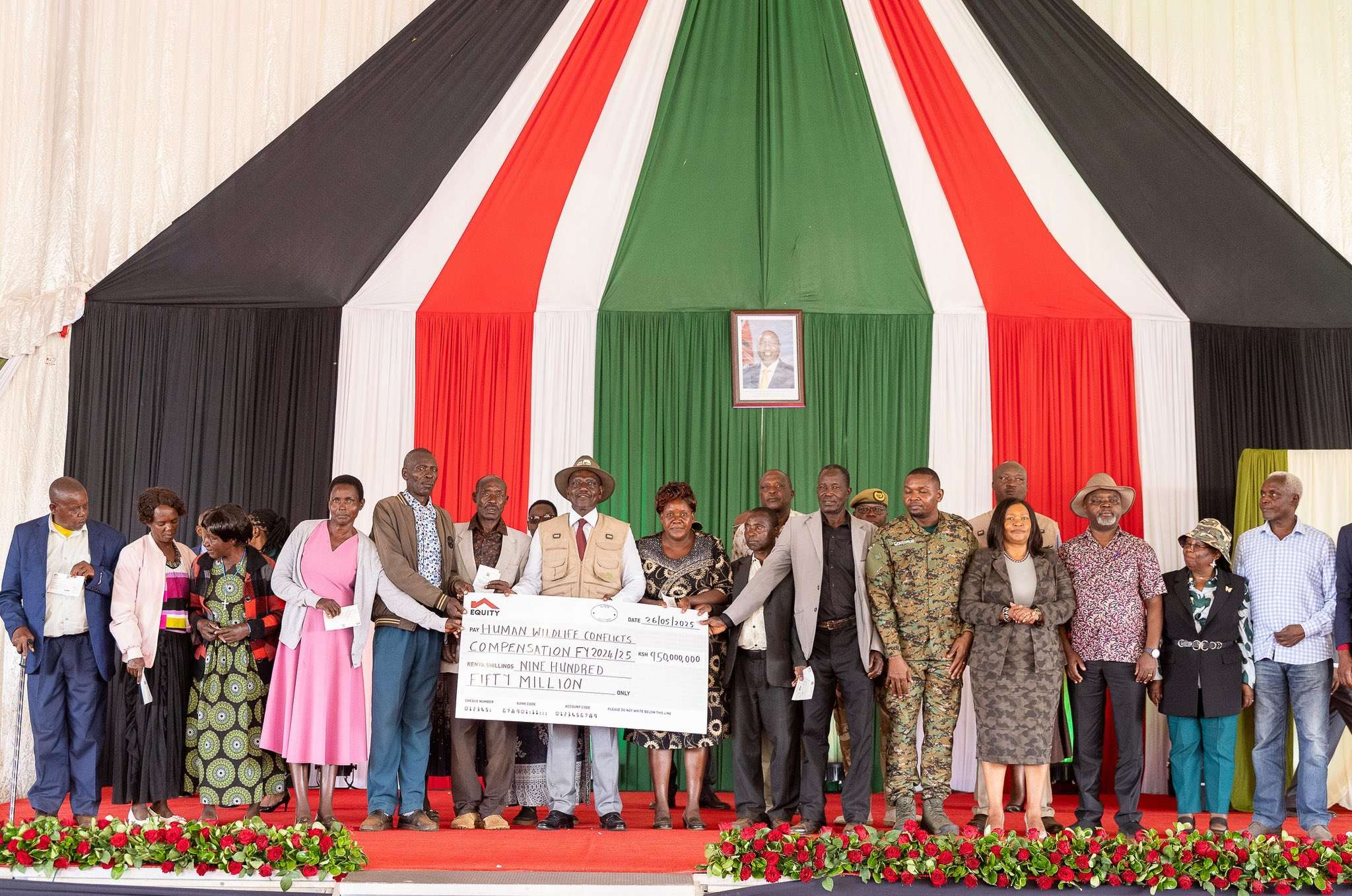
The organisations expressed outrage over the government’s failure to provide logistical support such as transport, accommodation, or accessible venues for residents from marginalised areas.
Civil society groups, conservationists, and community-based organisations have strongly condemned the exclusion of frontline wildlife communities from the ongoing public participation forums on the Wildlife Bill 2025, terming the process discriminatory, inaccessible, and unconstitutional.
The public forums, convened by the State Department for Wildlife, were held in major towns including Malindi, Mombasa, and Garissa.
More To Read
- President Ruto refers Wildlife Conservation Bill back to Parliament for reconsideration
- Elephants kill herder in Kitui as cases of human-wildlife conflict rise
- Livestock and lions make uneasy neighbours: How a fence upgrade helped protect domestic and wild animals in Tanzania
- Kilifi families receive Sh60 million compensation for human–wildlife conflict deaths
- Why wildlife attack victims face longer wait for government compensation
- Ruto unveils Sh950 million compensation for human-wildlife conflict victims
“While the government has a constitutional obligation to facilitate inclusive, meaningful, and accessible public participation, we regret to note that communities most affected by wildlife-related issues were effectively excluded from these consultations due to logistical and economic barriers,” noted the organisations.
However, representatives from affected regions claim the sessions failed to meaningfully include residents from remote and wildlife-prone areas such as Kiunga, Tana Delta, Marafa, Kanagoni, Lungalunga, Basuba, and Kinango.
The organisations expressed outrage over the government’s failure to provide logistical support such as transport, accommodation, or accessible venues for residents from marginalised areas.
“These communities are among the most affected by human-wildlife conflict, yet they were neither provided with transport support nor were forums held in or near their localities,” they said.
According to them, in arid and semi-arid counties, the situation was reportedly worse. Meetings were merged for vast areas, resulting in poor attendance.
According to the organisations, a combined session for Wajir and Mandera counties, for example, ended with zero representation from Mandera due to poor road conditions and lack of transport.
“These are only a few examples, and the scenario was the same in many marginalised areas. We further express serious concern regarding the apparently exclusionary stakeholder engagement process. The current approach appears to require organisational affiliation with specific alliances somewhat as a prerequisite for participation in critical discussions, undermining the principles of inclusive and transparent public consultation,” they said.
The State Department for Wildlife is accused of channelling invitations solely through the Conservation Alliance of Kenya, a private entity described as having made no official submissions on the Wildlife Bill.
“This decision was made without explanation to stakeholders, many of whom had submitted comprehensive input both individually and collectively through their own respective organisations,” they stated.
The groups also cited the short notice of the meetings and the use of non-neutral venues, questioning the government’s commitment to transparency and public inclusion.
They said the entire process appeared rushed, with insufficient time given for communities and stakeholders to digest and engage with the proposed legislation.
“This approach undermines genuine consultation and fails to meet the standards of transparency and inclusivity that legislation affecting our natural heritage demands,” the group said.
They further warned that the exclusionary approach contravenes key provisions of the Kenyan Constitution, including Article 10(2)(a) on public participation as a national value, Article 118(1)(b) on legislative engagement, and Article 69(1)(d), which mandates public participation in environmental governance.
Calling for immediate action, the groups demanded the rescheduling of forums within affected communities and marginalised counties, with full logistical support to ensure effective participation.
They also urged the State Department to issue a public explanation on how it ensured constitutional compliance and to adopt a more inclusive and neutral engagement framework.
“The Wildlife Bill 2025 will directly shape the lives, livelihoods, and safety of countless Kenyans living near or with wildlife. It is unacceptable to pass such legislation without truly inclusive, grassroots engagement,” they added.
The organisations are now calling on the Ministry of Tourism and Wildlife, Parliament, and relevant oversight bodies to address their concerns and protect the democratic rights of all Kenyans, including those in the country’s most remote regions.
Top Stories Today



